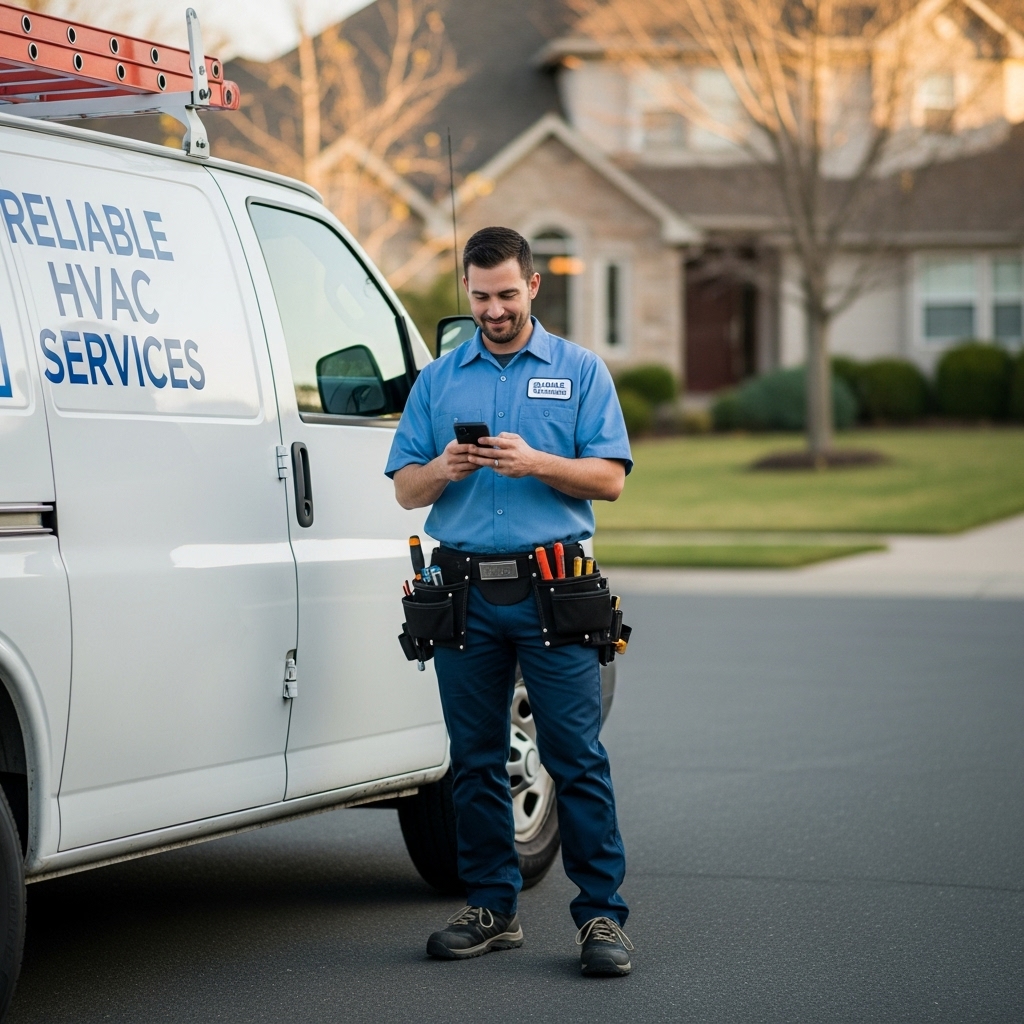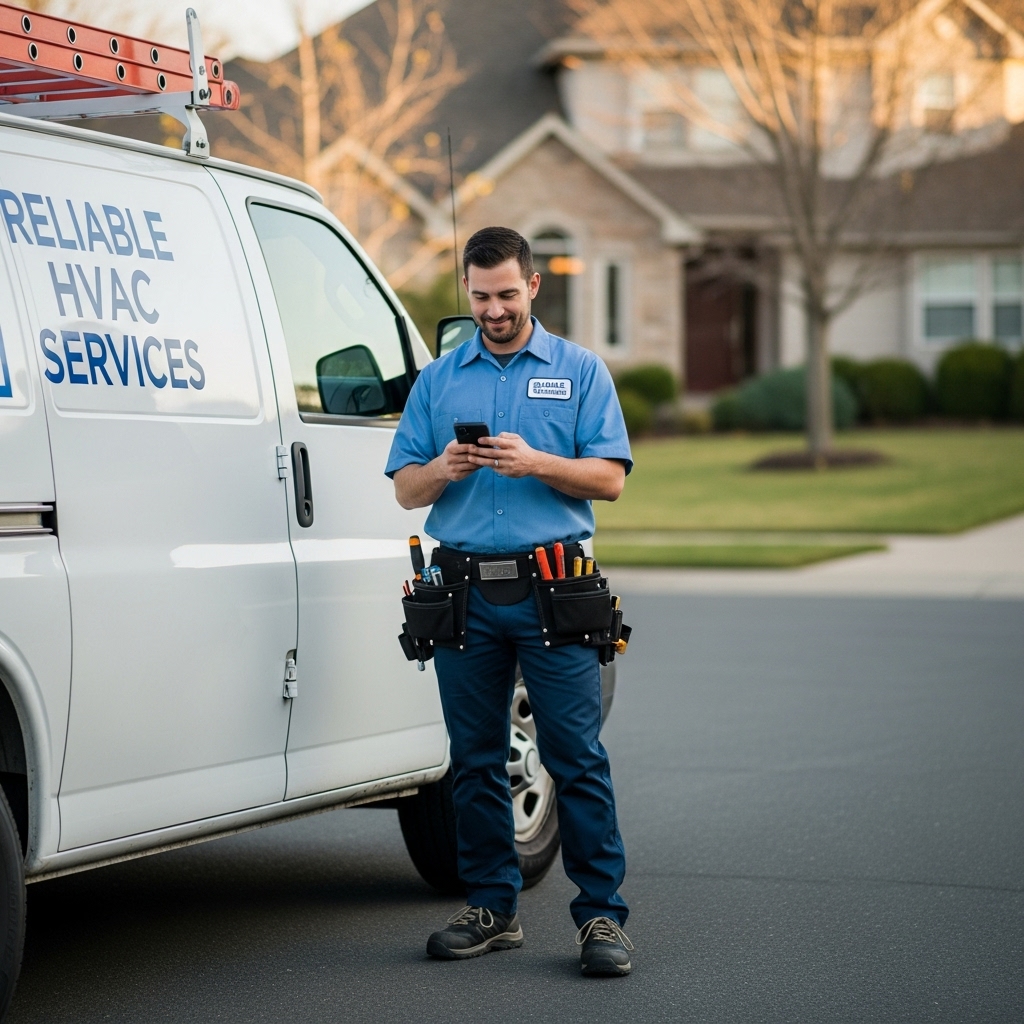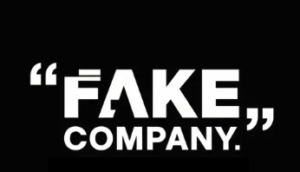The contracting industry is evolving at breakneck speed, and 2025 is shaping up to be a pivotal year for field service professionals. Rising material costs, increasingly demanding customers, and the rapid adoption of AI technologies are forcing contractors to work smarter, not just harder. For contractors in Twin Falls and throughout the Magic Valley, these challenges hit particularly close to home—tight budgets meet high expectations, and every inefficiency directly impacts the bottom line.
The contractors who thrive in this environment aren’t just skilled at their trade; they’re equipped with the best field service software for contractors that transforms how they schedule, dispatch, communicate, and grow their businesses. If you’re still relying on paper schedules, scattered apps, or outdated systems, you’re not just missing out on efficiency—you’re falling behind competitors who’ve already embraced smarter solutions.
What Makes the Best Field Service Software for Contractors?
When evaluating the best field service software for contractors, it’s essential to look beyond basic scheduling tools. Today’s leading platforms integrate multiple business functions into one seamless system, eliminating the frustration of juggling different apps and reducing costly mistakes.
Field service management software should include these core capabilities:
Smart Scheduling and Dispatching: Gone are the days of manually matching jobs to technicians. Modern software analyzes technician skills, location, availability, and job requirements to optimize assignments automatically. For contractors in Twin Falls serving everything from downtown businesses to rural farms near Jerome, intelligent routing can save hours of drive time weekly.
Professional Quoting and Invoicing: Generate accurate, branded estimates on-site and convert them instantly to invoices. This capability is crucial for HVAC, plumbing, and electrical contractors who need to provide immediate pricing to close deals.
Real-Time Communication: Keep customers informed with automated updates, and ensure your team stays connected whether they’re working in Twin Falls or traveling to Burley for a commercial job.
Customer Management: Track service history, preferences, and communication to build stronger relationships and encourage repeat business—especially important in smaller communities where reputation travels fast.
Performance Analytics: Monitor job completion rates, technician productivity, and customer satisfaction scores to identify improvement opportunities and celebrate successes.
The most effective contractor software solutions seamlessly integrate these features, eliminating the need to switch between multiple platforms throughout the day.
AI-Powered Tools Are Changing the Game in 2025
AI-powered field service tools represent the biggest shift in contractor operations since mobile phones became standard equipment. Recent industry data shows that contractors using AI-driven platforms report 23% faster job completion times and 31% fewer scheduling errors compared to traditional methods.
Imagine a roofing contractor in Twin Falls who receives an emergency call about storm damage. Instead of spending 20 minutes manually checking technician schedules, driving routes, and material availability, AI instantly analyzes all variables and suggests the optimal response—complete with estimated arrival time and preliminary cost assessment. The customer receives professional communication within minutes, not hours.
These intelligent systems learn from your business patterns, identifying peak demand periods, common service issues, and customer preferences to make increasingly accurate predictions and recommendations. For contractors serving seasonal markets like those found throughout Idaho, this predictive capability becomes invaluable for resource planning and inventory management.
Why Mobile Field Service Apps Are Non-Negotiable
Today’s contractors live on their phones, making a robust mobile field service app absolutely essential for business success. Your technicians need access to job details, customer information, and communication tools regardless of their location.
For Twin Falls service providers who often drive significant distances between jobs—perhaps starting downtown and ending the day in Kimberly or Filer—mobile functionality saves precious time and fuel costs. Key mobile features include:
Offline Capability: Rural Idaho areas can have spotty cell service, so your app must function reliably even when connectivity is limited. Technicians should be able to update job status, capture photos, and collect customer signatures without depending on constant internet access.
GPS Integration: Automatic routing between jobs reduces drive time and ensures technicians arrive promptly for scheduled appointments.
Digital Forms and Signatures: Eliminate paperwork delays by capturing customer approvals, service agreements, and completion confirmations directly on mobile devices.
Photo Documentation: Build customer trust and protect your business by documenting work progress and completion with time-stamped photos that sync automatically to customer records.
Real-Time Updates: Keep dispatchers and customers informed of job status changes, delays, or early completions without requiring phone calls that interrupt productive work time.
Solving Scheduling and Dispatching Headaches
Poor scheduling costs contractors money in multiple ways: wasted drive time, missed appointments, overtime expenses, and frustrated customers who take their business elsewhere. Job scheduling and dispatch software addresses these pain points by automating complex logistics decisions.
Consider a typical Tuesday morning for a plumbing contractor in Twin Falls: three emergency calls, two routine maintenance appointments, and a new installation estimate. Without intelligent scheduling, this could mean inefficient routes crisscrossing between Twin Falls, Jerome, and Burley—potentially adding hours of unproductive drive time.
Smart dispatching software evaluates multiple factors simultaneously:
- Technician skills and certifications
- Current location and travel time
- Job priority and estimated duration
- Customer preferences and availability
- Parts and equipment requirements
The result? Optimized routes that minimize travel time, ensure the right technician handles each job, and maintain customer satisfaction through reliable service delivery.
Advanced systems also provide buffer time for unexpected delays and can automatically reschedule appointments when emergencies arise, maintaining professional communication with affected customers throughout the process.
Pricing: How to Find Affordable Field Service Software Without Compromising
Many contractors worry that comprehensive affordable field service software means choosing between functionality and budget constraints. However, the cost of fragmented solutions—separate apps for scheduling, invoicing, customer management, and communication—often exceeds the investment in an integrated platform.
Consider the hidden costs of scattered systems:
- Monthly subscription fees for multiple apps ($50-200+ per month total)
- Time lost switching between platforms (2-3 hours weekly per user)
- Data entry errors from manual information transfer
- Missed opportunities due to poor customer communication
- Reduced professional image from inconsistent branding
For small businesses in Idaho competing against larger national chains, affordable all-in-one platforms level the playing field. These solutions provide enterprise-level functionality at prices designed for growing businesses, often starting at less than the cost of a single emergency service call.
Look for platforms offering:
- Transparent pricing without hidden setup fees
- Scalable plans that grow with your business
- Free trial periods to test functionality
- Local customer support during business hours
- Regular feature updates included in subscription costs
2025 Contractor Software Trends to Watch
2025 contractor software trends are reshaping how field service businesses operate, and early adopters gain significant competitive advantages. Smart contractors in Twin Falls who embrace these trends now will outpace slower competitors throughout the year.
AI-Driven Automation: Beyond basic scheduling, AI will handle customer communications, predictive maintenance scheduling, and inventory management. Expect systems that learn your business patterns and make increasingly sophisticated recommendations.
Enhanced Mobile Experiences: Software developers are prioritizing mobile-first design, recognizing that contractors spend more time in the field than behind desks. Look for features like voice-to-text job notes, one-handed navigation, and augmented reality diagnostic tools.
Integration Ecosystems: The best platforms will connect seamlessly with accounting software, parts suppliers, customer review platforms, and marketing tools, creating unified business management systems.
Predictive Analytics: Advanced reporting will identify trends before they impact your business—predicting equipment failures, seasonal demand spikes, and customer churn risks.
Customer Self-Service: Expect expanded customer portals where clients can schedule appointments, track service progress, access service history, and submit maintenance requests without phone calls.
Twin Falls contractors who adopt these trends early will establish stronger customer relationships, operate more efficiently, and build sustainable competitive advantages in their local markets.
Choosing the Right Fit for Your Business
Selecting the best field service software requires honest evaluation of your current challenges and growth goals. Consider these key questions:
What problems cost you the most time and money? If scheduling chaos creates daily frustration, prioritize platforms with strong dispatching capabilities. If customer communication gaps hurt your reputation, focus on solutions with automated updates and professional presentation features.
How tech-savvy is your team? Choose software that matches your team’s comfort level while providing room to grow. The best solution is one your technicians will actually use consistently.
What’s your growth timeline? Look for platforms that scale efficiently as you add technicians, expand service areas, or add new service lines. Twin Falls contractors operating in expanding markets need systems that accommodate rapid growth without requiring complete software changes.
How important is local support? Consider vendors offering phone support during your business hours and training resources that help your team maximize the software’s potential.
Remember, the right field service software becomes more valuable over time as it accumulates customer data, learns your business patterns, and streamlines operations that initially required manual oversight.
While the right field service software handles your day-to-day operations, growing your business also requires strong lead generation and online presence. That’s why FieldServ AI has partnered with LeadProspecting AI to help contractors build professional websites, capture leads, and automate client communications—creating a complete growth ecosystem.
Frequently Asked Questions
What is the best field service software for contractors in 2025?
The best field service software combines intelligent scheduling, mobile functionality, customer communication tools, and performance analytics in one integrated platform. Look for solutions that offer AI-powered automation, offline mobile capabilities, and scalable pricing designed for growing contractor businesses.
How can field service management software help my contracting business in Twin Falls?
Field service management software eliminates scheduling conflicts, reduces drive time through optimized routing, automates customer communications, and provides professional invoicing capabilities. For Twin Falls contractors serving dispersed rural areas, these efficiencies can save 10-15 hours weekly while improving customer satisfaction.
Is there an affordable field service software option for small contractors?
Yes, many platforms offer starter plans beginning around $50-100 monthly that include core scheduling, mobile access, and customer management features. These solutions often cost less than maintaining separate apps for different business functions while providing superior integration and professional capabilities.
Do AI-powered field service tools really save time for contractors?
Industry data shows contractors using AI-driven platforms complete jobs 23% faster and experience 31% fewer scheduling errors. AI handles complex logistics decisions instantly, suggests optimal technician assignments, and automates routine communications that previously required manual attention.
What should contractors look for in a mobile field service app?
Essential mobile features include offline functionality for areas with limited connectivity, GPS integration for efficient routing, digital forms and signature capture, photo documentation with automatic syncing, and real-time job status updates that keep customers informed without requiring phone calls.
How does job scheduling and dispatch software cut down wasted trips?
Intelligent dispatching analyzes technician location, skills, job requirements, and travel time to create optimized routes. This prevents inefficient scheduling that might send a plumber from Twin Falls to Jerome, then back to Twin Falls, then out to Burley—potentially saving hours of drive time daily.
What are the biggest 2025 contractor software trends to watch?
Key trends include AI-driven automation for customer communications and maintenance scheduling, enhanced mobile experiences with voice controls and augmented reality features, seamless integration with accounting and supply chain systems, predictive analytics for business planning, and expanded customer self-service capabilities.
Can the best field service software for contractors work offline in rural Idaho?
Quality field service apps include robust offline functionality, allowing technicians to access job details, update work status, capture photos, and collect customer signatures even when cell service is limited. Data syncs automatically when connectivity is restored, ensuring no information is lost.
Why do Twin Falls contractors need more than just basic scheduling tools?
Modern contracting businesses require integrated solutions that handle customer communications, professional invoicing, performance tracking, and mobile field access. Basic scheduling tools create gaps that lead to miscommunications, missed opportunities, and inefficient operations that cost money in competitive markets.
How do I choose between different contractor software solutions for my business?
Evaluate solutions based on your specific pain points, team size, growth goals, and technical comfort level. Look for platforms offering free trials, transparent pricing, reliable customer support, and features that address your most time-consuming daily challenges. The best choice balances functionality with ease of use for your particular situation.







